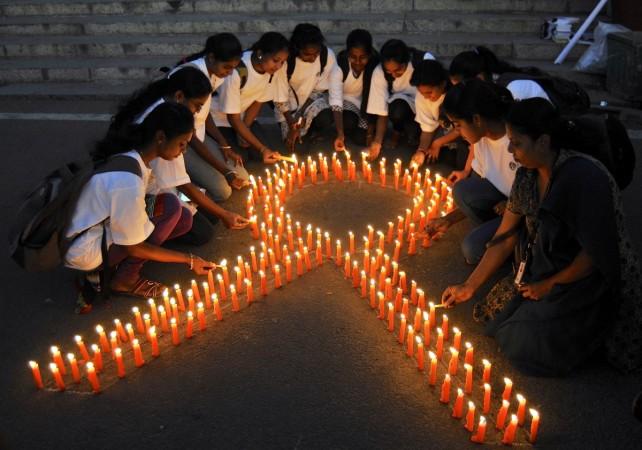
Cancer has emerged to be the second-most common cause of death, preceded only by heart disease. And while there's no concrete cure for the deadly disease yet, it could most likely have a successful treatment that could save lives if it is detected at an early stage.
Usually without any symptoms in its early stages, cancer can be combated if people limit the risk factors involved when it comes to causes, as well as undergo cancer-screening regularly.
Also read: Why is cancer the second most leading cause of death in India?
Every year, February 4 is celebrated as World Cancer Day – serving as an additional spur towards cancer awareness. So, let's take a look and step ahead in educating ourselves on the common early signs and symptoms when it comes to cancer.
From something as common as loss of appetite to chest pains and unexpected weight loss, a lot of things could possibly be initial signs of cancer. Furthermore, breathlessness, difficulty in swallowing, or even unusual changes in existing moles – or sudden growth of a suspicious looking mole — could be a sign.

Other signs could be more serious ones, such as a persistent cough, including coughing up blood, or a persistent heartburn. Symptoms such as changes in bowel habits, persistent bloating, diarrhoea or even constipation for no reason at all are on the list, too.
Blood in your stools, bleeding between periods or from the rectal opening, or even blood in the urine could sometimes be initial signs. Women will do well to look out for unusual breast changes, lumps in the breasts and unusual breast discharges, while for men, lumps in testicles are not to be considered trivial.
Even persistent headaches or fatigue and repeated instances of a particular infection aren't good. If you're suffering from urination troubles or just chronic pain in the bones, get a screening done – the sooner, the better. At least you'll know if it's serious or not.

While not all of these are tell-tale symptoms of cancer, and not caused by the illness either, a consultation with your doctor should go a long way in nipping whatever the problem is in the bud. In simpler terms, if anything at all seems persistent or recurring in short intervals, get it checked.
Spotting the disease early can not only save your life but also improve survival rate and chances for patients in general!








